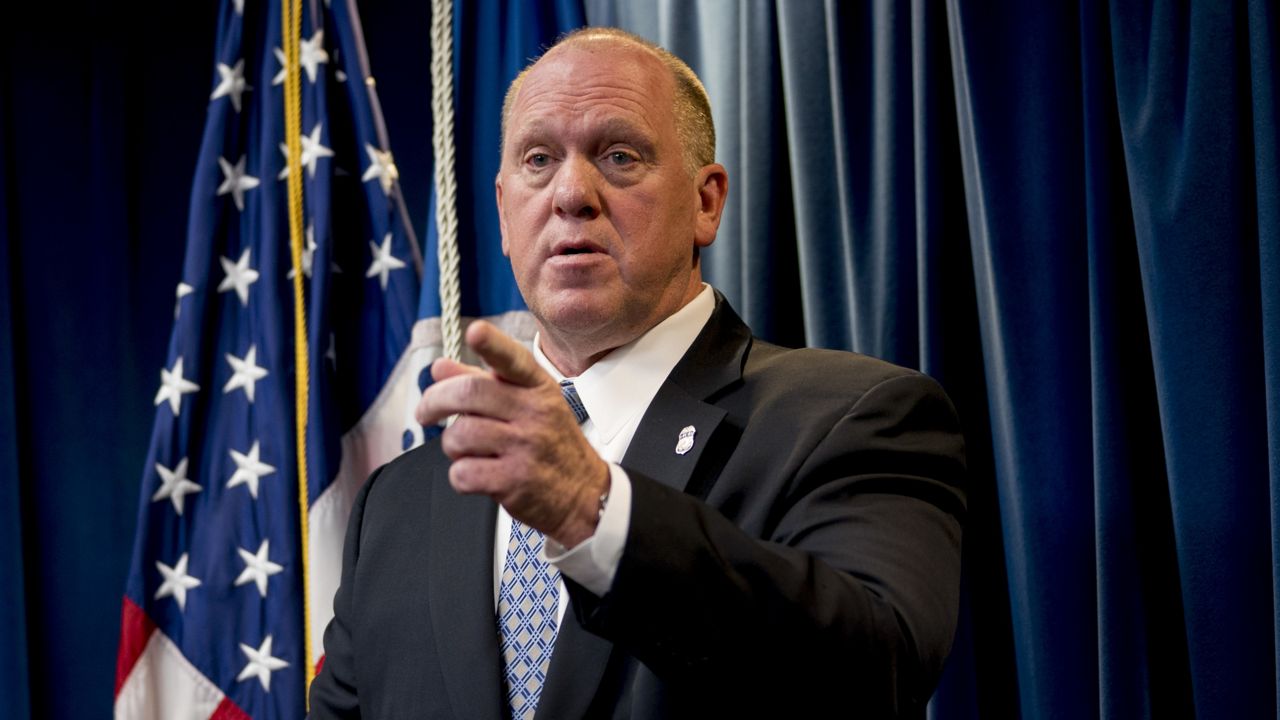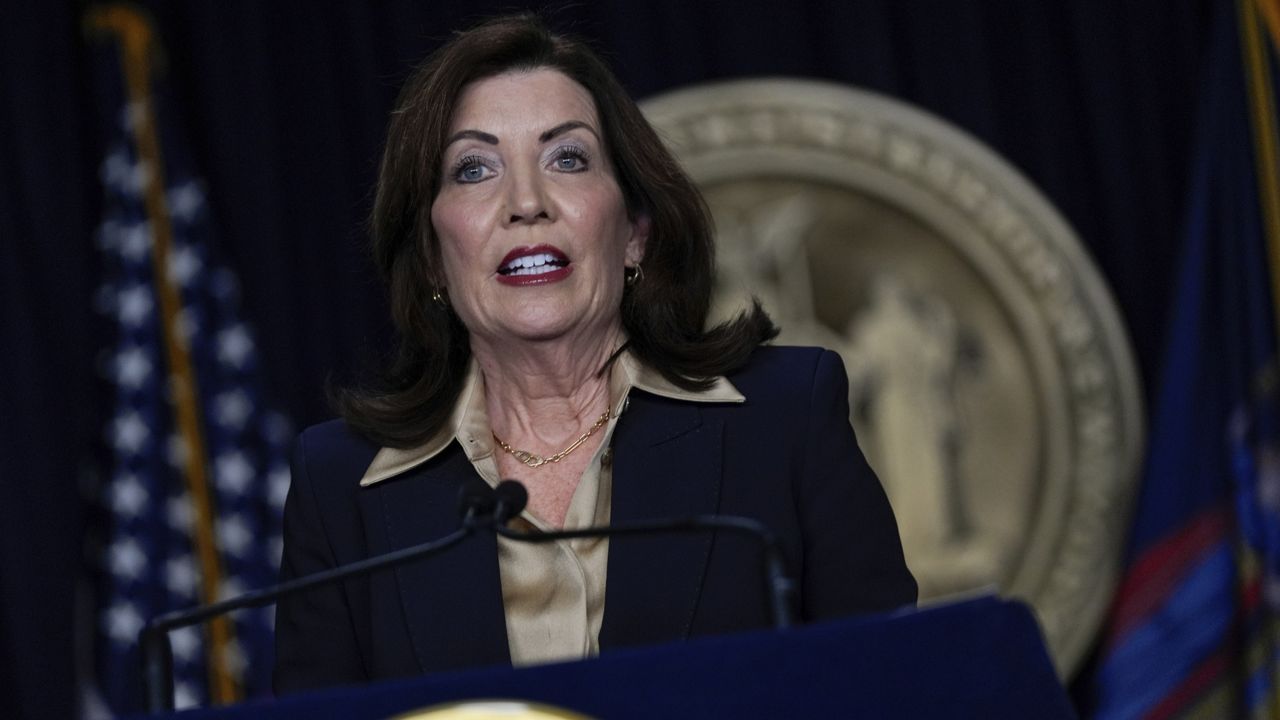Education leaders met in Saratoga Springs Wednesday and Thursday to discuss issues impacting rural school districts as part of the Rural Schools Association of New York State’s winter conference.
It comes as lawmakers continue to digest the Rockefeller Institute’s report on the Foundation Aid formula, and rural school districts question what it could mean for them.
Betty Rosa, commissioner of the New York State Education Department, spoke with attendees about her initial feelings on the report and said that while she had hoped the department itself would conduct the study, she was pleased that the Rockefeller Institute held extensive “behind the scenes” discussions with the department throughout the process.
“I decided that I would be a part of the process, albeit technical support, and that was a welcome opportunity,” she said.
Ultimately, she said she was relieved that the end result was not a complete elimination of Save Harmless, which ensures districts don’t receive less than the year before, as the governor initially proposed in her 2025 state budget.
“Three hundred thirty-three school districts were going to be impacted so that was an issue that I definitely had concerns about,” she said.
She also said the key to implementing any changes through the state budget process will be ensuring that opportunities for students are not negatively impacted by those changes.
While many flipped straight to the page that recommends modifying Save Harmless over a period of five years and ultimately eliminating it for some districts, Roger Catania, a member of the Board of Regents, stressed that rural school districts need to familiarize themselves with the other recommendations in the report as well.
“Do the other aspects of these recommendations represent their needs and their interests?” he said.
The Rockefeller Institute billed the report as a “menu of options,” offering different solutions for various aspects of the formula and leaving lawmakers to choose which to implement. Catania said it’s important for school officials and lawmakers to recognize that mixing and matching those options could have drastically different results, especially for rural districts.
“I think sometimes small differences, and they may be small in the minds of our budget makers in Albany, represent very large differences for these small districts,” he said.
The report’s lead architect, Robert Megna President of the Rockefeller Institute told attendees that the wide range of possibilities is by design.
“Instead of doing just a single thing, let’s take it box by box and make a recommendation of how you might fix that box,” he said.
Jeffrey Matteson, senior deputy commissioner for education policy at the State Education Department, explained that the department will be working to examine the various impacts of potential changes so districts can react to whatever recommendations the governor and lawmakers agree to implement.
“We have excellent staff who know the formula very well who can take those recommendations and do some modeling so we’ll have a sense of how they will interact based on each recommendation,” he said.
In a year of change, Rosa also addressed the state’s plan to eliminate Regents exams as a graduation requirement, saying she hopes people will recognize it as an opportunity to create additional opportunities to address varying student needs.
“It’s multiple ways of looking at it, it's almost going from a single lane to a highway that has many lanes, and we want to open this up and look at it multiple ways,” she said.












